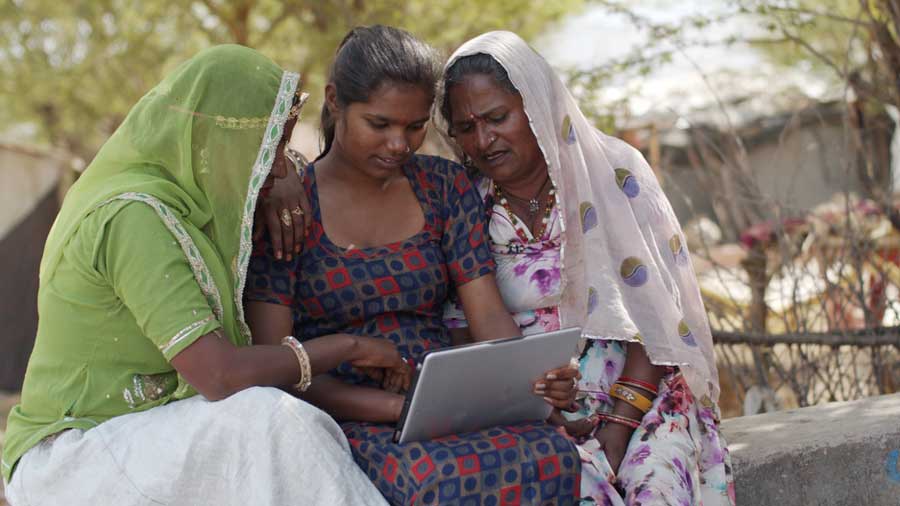Social bonding makes life easier, but this perfectly natural association is far from democratic. In fact, according to a study by a World Bank economist, a large number of Indian women are deprived of close social connections. On average, female respondents in Uttar Pradesh reported having only one confidante in their district, with nearly a quarter of them not having a close associate at all. This could have to do with their lack of freedom to navigate the world beyond the doorstep — the study found that most women are barred from visiting health facilities or their friends or relatives by themselves. The situation is not specific to the state either: surveys show that women in several Indian states, with an average of only one to three close acquaintances, are much more socially isolated than their counterparts in countries like the United States of America where women have earned greater liberties. Predictably, the pandemic has exacerbated the situation by suspending physical interaction. The impact of curtailed social interactions was felt more acutely in rural India. While the urban population depended on social media during the lockdowns, poor accessibility to the internet and digital illiteracy denied rural women the opportunity to nurture social bonds online — the latest National Family Health Survey revealed that nearly 66 per cent of this community has never used the internet. Tellingly, a more extensive social network, real or digital, can be a source of information about jobs, rights, as well as health services and technology — the study found that social support encourages women to make better life choices. There certainly is a case, then, for leveraging social networking to consolidate social capital and foster greater economic and human development.
Social networks are especially crucial in developing countries where markets are unrepresentative and public institutions weak. As such, strengthening newer avenues — more equitable access to online platforms, for instance — could go a long way in empowering women. But one cannot ignore the fact that women’s emancipation is a complex issue, informed by historical and cultural factors. Technological solutions, therefore, cannot be the sole focus; they need to be backed up by traditional initiatives. Liberating women from the grip of patriarchy — the family has been found to be a limiting factor — and making the streets safer should be the primary prerogatives. Above all, to achieve effective policy change, increased political representation of women is key.











